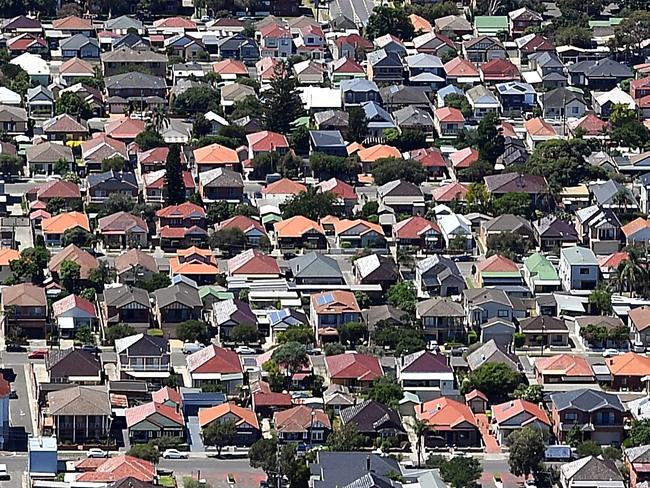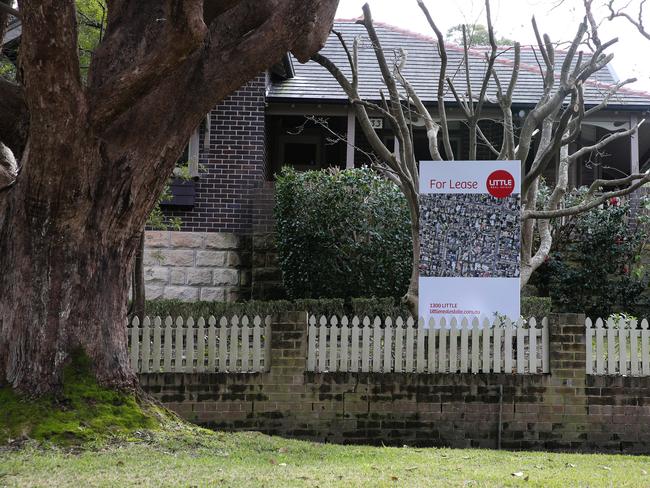Real estate Australia: Immigration spike to hit property market hard
The move to lift Australia’s migration intake is a game changer for property markets. But what comes could be a mix of good and bad impacts.
Property
Don't miss out on the headlines from Property. Followed categories will be added to My News.
The decision announced at the recent Jobs and Skills Summit to lift the permanent migration intake to 195,000 a year, is a game changer for residential property markets.
But what comes could be a mix of good and bad impacts.
The return of migration to levels much higher than before the pandemic will see a housing market very different from three years ago, when Australia was nearing three decades of economic growth.
The jump from the 160,000 cap announced in 2019 to 195,000 will put pressure on the increasingly strained housing shortages. It will raise rents for landlords and possibly even relaunch property markets back into price growth.

The summit sought to deal with the core economic challenges around jobs, especially productivity and labour mobility, but housing affordability advocates point to the emerging economic impact of inadequate housing options. The latest Anglicare Rental Affordability Snapshot found only five of the 45,000 properties recently available for rent were affordable for a single person on Jobseeker.
Of course the migration decision is mostly for skilled workers, many of whom are already working here on temporary visas.
But amid the national landscape of rising rents and tightening home vacancies, there are concerns these factors will hold people back from full workforce participation.
Emma Greenhalgh, CEO of National Shelter stated the obvious – that people won’t move to an area to take up a job if they can’t find a home. Less than one per cent of rentals are currently vacant, the lowest on record, sitting well below a balanced market of between 2.5 and 3.5 per cent.
And Kate Colvin, national spokesperson for Everybody’s Home, noted while migration is a valued part of the fabric of our nation, without homes to live in, new Australians will simply add to the queues of people struggling to rent a home.
“Government needs a plan to rapidly deliver the affordable rentals needed to house any uplift in population,” she said.

The government will be seeking to integrate its migration policy with its pre-election policies on boosting housing supply, especially in the capital cities like Sydney where the migrants want to live.
The Grattan Institute advises the Albanese government should double the size of its Housing Australia Future Fund to $20 billion to provide more social housing.
“More migration doesn’t need to make our housing woes worse,” said its economic policy director, Brendan Coates.
“But if we are to reap all the benefits of higher migration, it must go hand-in-hand with serious reforms aimed at tackling housing affordability.”
The private sector certainly needs to step up.
Rising rents will attract investors into buying property for rentals. And then it’s hoped newly constructed rentals will come. But high density construction approvals sit at their lowest level since 2010.





